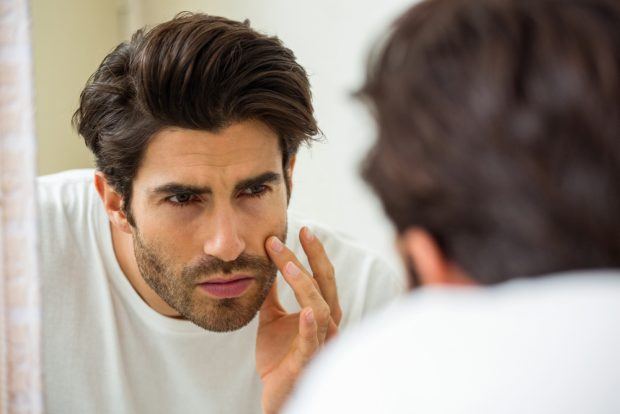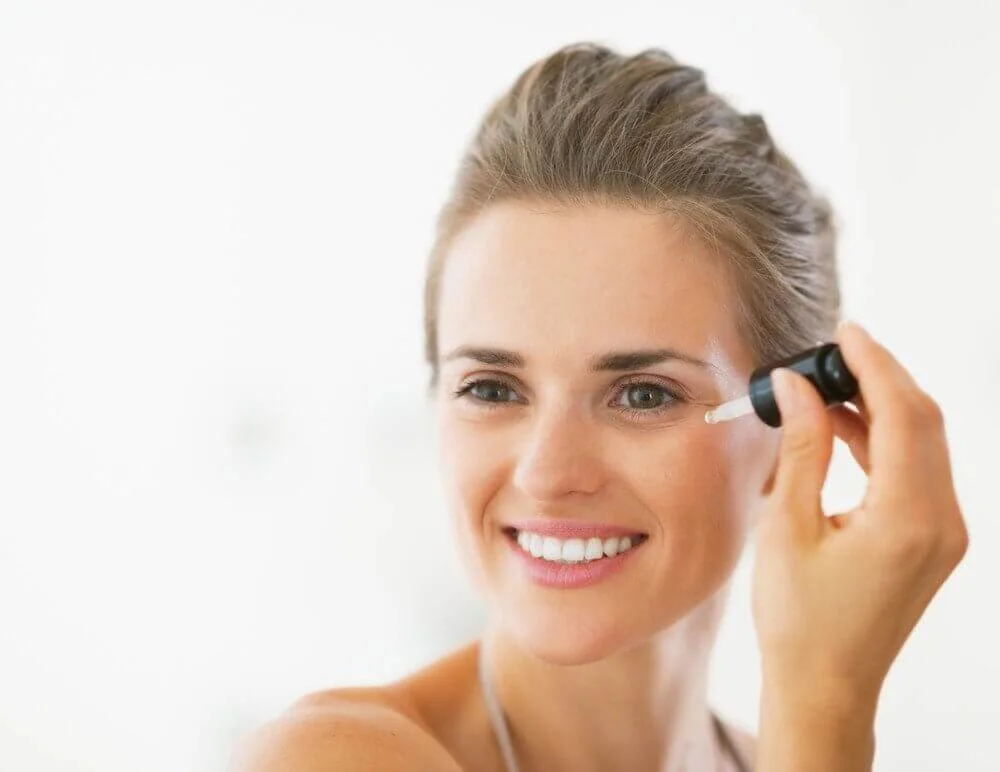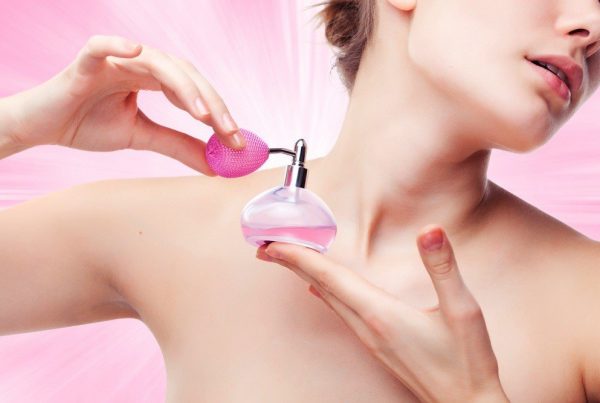Serums are not new to the world of skincare and have become a staple in most skincare routines. That being said, the industry has more recently experienced a shift in product focus. This is due to the rising popularity of face oils and the hype around marula oil, jojoba oil, and many others. These oils have all been said to improve one’s skincare and achieve smoother skin.
I break down the difference between serums and face oils. I also provide insights into how best to incorporate these serums into your skincare routine. In doing so, you can maintain healthy and hydrated skin.
Hydrated Skin: Face Oils or Serums?
Both oil and water are essential in order for the skin to function.
The dermis holds collagen, elastin, and water to give the skin a more plump and youthful appearance. The epidermis – the skin barrier – contains important skin oils. These are in the forms of lipids, fatty acids, and ceramides that prevent the loss of essential skin moisture.
These oils, also called sebum, help to lubricate the skin cells. This provides the skin with a soft, smooth finish and is key to a clear complexion.
So, what are serums?
Serums target specific skin concerns, as they have a high concentration of active ingredients that are formulated to be used in your skincare routine as a treatment step.
Benefits of serums
Serums offer a range of benefits that are dependent on the ingredients that they contain. There is a wide range of concerns that serum targets. These can include anti-aging, pigmentation, fine lines and wrinkles, cane, blemishes, or brightening.
The most popular serums in winter are hydrating serums that contain hyaluronic acid and glycerin. Known for holding 1 000 times its weight in water, hyaluronic acid helps add and keep moisture in the skin.
How to use serums
A hyaluronic acid serum can be added to your skincare routine, and I would tell my patients to apply it to their skin after cleansing and before they apply moisturizer.
Hyaluronic acid serums can be used in tandem with other serums and should be applied between the first treatment serum and the moisturizer.
Hyaluronic acid serums are suitable for all skin types and due to their water-based compounds, they are ideal for oily and combination skin. They can also be beneficial to those with acne-prone skin, as they contain some antibacterial properties.
My product suggestions:
- DERMAQUEST Advanced Essential B5 Hydrating Serum
- sk.in gloss | radiant shot
- JORGOBÉ Hyaluronic Serum
- SKINCEUTICALS Hydrating B5
What are face oils?
Face oils are designed to deliver a balance of fatty acids and lipids to soothe and support the skin barrier. The skin barrier is the thin outermost layer of the skin that protects against external factors.
It keeps all the good things in and all the bad things out. If your skin barrier is damaged it often leads to a dull appearance, irritation, redness, sensitivity, and dehydration.
Benefits of face oils
As mentioned, the skin barrier contains lipids, ceramides, and fatty acids. The production of these elements slows down with age. It is further worn away by environmental factors such as harsh weather conditions, environmental free radicals, and products.
As these products are oil-based, they provide the skin with intense hydration and protection from the harsh winter elements.
How to use face oils
Facial oils will help those suffering from dry or irritated skin. They can be incorporated into either your seasonal skincare routine or utilized year-round.

wavebreakmedia/shutterstock
I would advise applying face oils as the last step in one’s skincare routine, after the final moisturiser. This is because the purpose of the oil is to lock in all the moisture.
If you suffer from acne-prone skin, it is advised to exercise caution when adding face oils to your routine. This is because they might block your pores, causing a flare-up. Face oils are best for those that experience dryness and dehydration.
My product suggestions:
- DERMALOGICA Phyto Replenish Oil
- YEARN SKIN Active Brightening Facial Oil
- SKIN FUNCTIONAL Barrier Support Biphasic Oil
- JORGOBÉ Bakuchiol Face Oil
Bottom line
Adapting your skincare routine will help hydrate and nourish the skin.
Both serums and facial oils are great additions to your skincare routine. The right serum will depend on your specific skincare needs. Since serums are light, they can also be used alongside face oils if needed.



![women [longevity live]](https://longevitylive.com/wp-content/uploads/2020/01/photo-of-women-walking-down-the-street-1116984-100x100.jpg)










